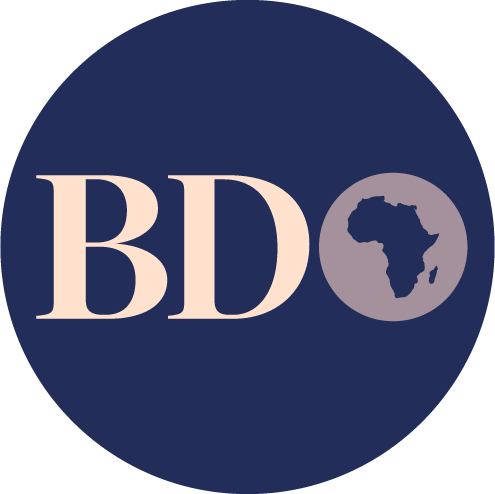Amisa knows too well the burden of coming from a minority Nubian community, and living in one of the world’s largest informal settlements: Kibera.
Kibera was born in her, as she was born in Kibera. Hence why she started Nivishe (a Swahili word that means cover me). Nivishe offers dignified, accessible, affordable, and culturally sensitive mental health services at the community level.
“A majority of the Nubian community live here. Before urbanisation, this was our community. It is not easy for Nubians to access IDs, and that makes it even harder for them to get access to services like public health, and, in extension, mental health services. That’s where I come in,” Amisa says.
“In 2014,” she says, “I lost my father. We had never been taught the appropriate ways of mourning, so I went back to school to learn counselling psychology, which led me to found Nivishe, from which I apply my skills.” A lot of mental health intervention, she says, is from the Western gaze, “we don’t have a lot of community-based mental health approaches.”
"I love people, I love the community, and despite mental health having a stigma, when you have the charisma to change perceptions, it is easier to be welcomed."
She now sits on several boards, including RISE, a US-based organisation, and is the current chair of the Young Women’s Leadership Institute.
“These awards have amplified my voice and, consequently, the pleas of my people,” she says.
With all those stars on her shoulders, getting recognised for her work by the Nubian Council of Elders in 2020 most definitely puts a smile on her face. “Community” then may just as well be added to her national identification card. Isn’t it the same elders who said that a community is only as useful as what the individual wants from it?
She holds a mental health fellowship held bi-annually with 50 to 100 fellows. Before a fellow graduates, they have to go back to the community, identify a mental health issue, and work with a minimum of 200 people in the community.
“That translates to us reaching about 10,000 to 15,000 people a year since our work also involves advocacy through local radio stations and mental health clubs in schools,” Amisa says.
But it is only in this career that the patient gets better, and the doctor gets worse. Taking on people’s problems can take a toll on you. Who is the therapist’s therapist? “Every counsellor needs a counsellor to debrief, I protect my team so they can protect the community.”
The team has 10 full-time staff and around 15 volunteering staff with seven board members on the steering committee. “Currently, we are going to work with Sudan youth because of the war.” Off the record, she mentions they are building a new centre in Kibera.
Her superpower she says is that she is a people person. “I love people, I love the community, and despite mental health having a stigma, when you have the charisma to change perceptions, it is easier to be welcomed. I also have a knack for breaking down big concepts into minutiae that anyone can understand.”
If she could tell me just one thing, she says, she would tell me to “live a day at a time.”
– By Eddy Ashioya

